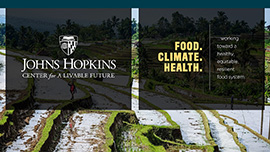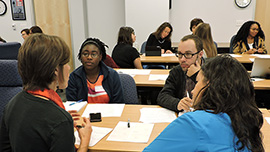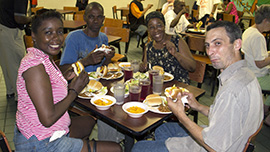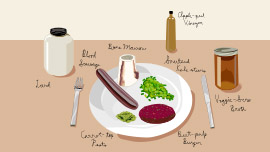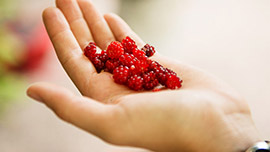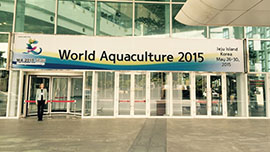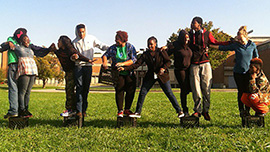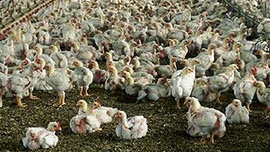Stories
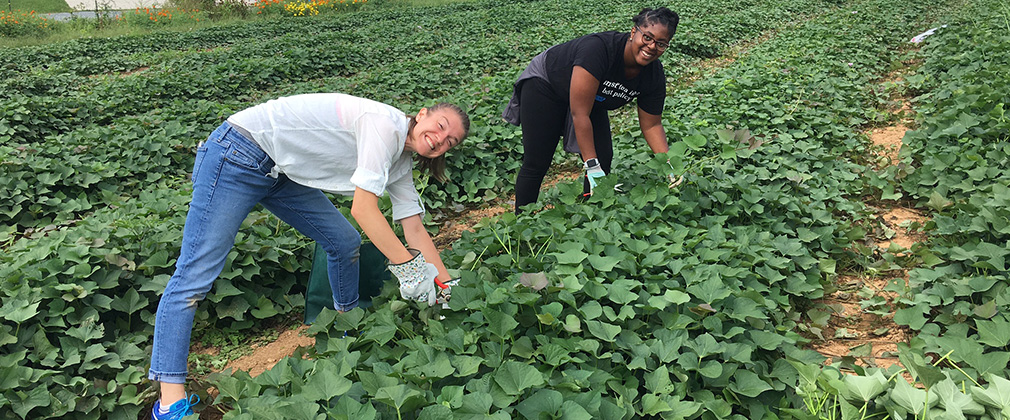
Find out how the CLF is engaged in positive food systems change.
Food Animal Production, Food Policy & Governance
We Need to Collect Data about Antibiotics Used on Farms
With these data, we could examine how use changes over time and identify patterns that could ultimately drive research into recurrent disease risks
Food Policy & Governance
Talent at the Table: Making the Most of Your Food Policy Council
Engagement starts with “hello.”
Reducing Food Waste
Reducing Food Waste and Setting the Table for All
Every year the soup kitchen at the Franciscan Center of Baltimore serves 100,000 meals and donates 8,000 bags of groceries to the hungry.
Food Systems & Climate Change, Reducing Food Waste
What Restaurants Can Teach Us about Reducing Food Waste
Barber turned pulp from a juice bar into a veggie burger and the spent grains from a brewery into bread.
Food Systems & Climate Change, Food Systems & Urbanization
Foraging for Hidden Harvests
The roots of Queen Anne’s lace, a popular wild plant found growing in backyards and roadsides, are edible; they taste a little like carrots.
Seafood & the Food System
CLF Brings Public Health Perspective to Aquaculture Conference
Most consumers want to eat seafood that is healthy and produced responsibly.
Food Systems & Urbanization
Interns at Real Food Farm — Hard Work, Pride, and Good Food
So, how do you get teenagers interested in working on a farm?
Food Systems & Climate Change, Diet, Health & Planetary Boundaries
Meet Adam Kelliher, an Agent of Change at Langara College
Adam founded the Langara Environmental Club and was instrumental in bringing Meatless Monday to campus.
Food Animal Production, Food Policy & Governance
Somerset County Residents Fight Back Against Expanding Chicken Industry
Somerset residents are not only concerned about increased density of broiler complexes but also about the state-supported plan to site a poultry litter incinerator in the county.
Food Animal Production, Diet, Health & Planetary Boundaries
Somerset County Residents Fight Back Against Expanding Chicken Industry
Somerset County has been in the cross hairs of the poultry industry for quite a long time, with an inventory of 14.9 million broiler chickens.
